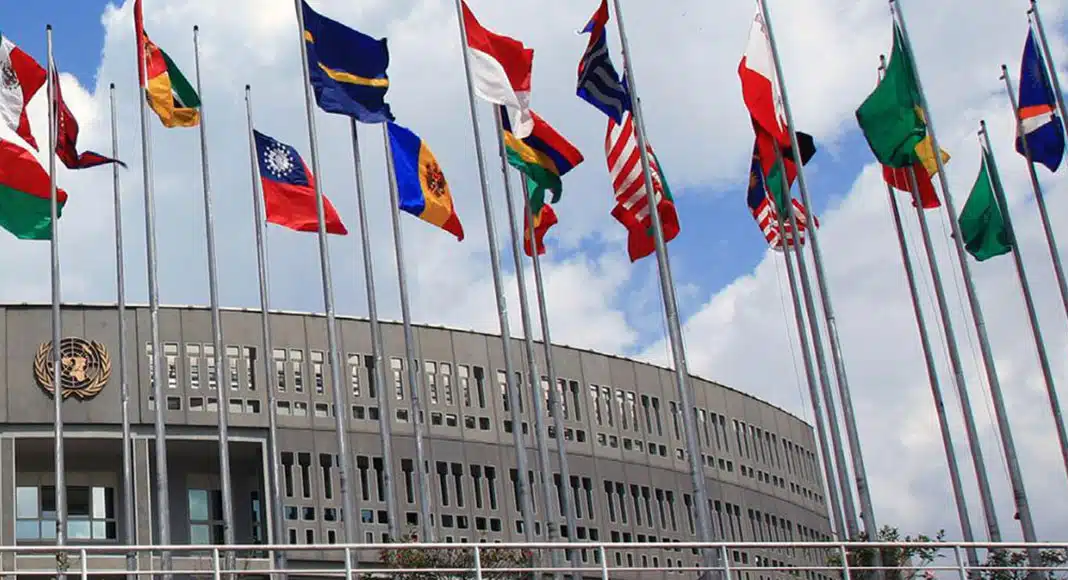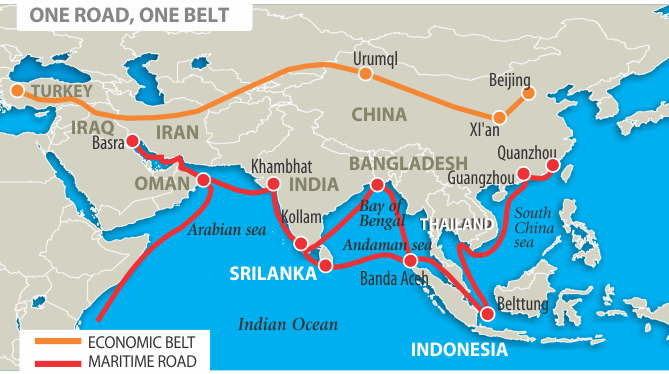Africa’s mounting debt burden — now standing at 64.3% of the continent’s GDP — is choking vital investments in health, education, and infrastructure, warns the United Nations Economic Commission for Africa (UNECA).
Speaking at a recent Africa Regional Forum on Sustainable Development, UNECA executive secretary Claver Gatete painted a sobering picture: out of 144 Sustainable Development Goal (SDG) targets, only 10 are on track. Most African nations now spend more on debt servicing than on health or education, threatening to stall long-term development. “Structural vulnerabilities, including the lingering effects of COVID-19, climate shocks, conflicts and geopolitical tensions, as well as mounting debt burdens, continue to stifle Africa’s progress,” Gatete said. “We must enact policies that promote economic empowerment, including gender responsive budgeting, digital inclusion and leadership opportunities for women across all sectors.”
Zambia, Ghana, Ethiopia, and Chad, which are struggling to meet their debt obligations, are already on the brink of default, according to the African Forum and Network on Debt and Development (AFRODAD), a lobby group advocating for debt cancellation and addressing loan-related issues in Africa. Experts say a dangerous reliance on expensive commercial debt — particularly Eurobonds — and opaque, resource-backed loans have fueled the crisis. With debt servicing swallowing over 40% of government revenues in some cases, calls are growing for a shift toward more transparent, concessional financing. African leaders and analysts alike are urging a pivot toward domestic resource mobilization, vocational training, digital inclusion, and gender-responsive policies.



